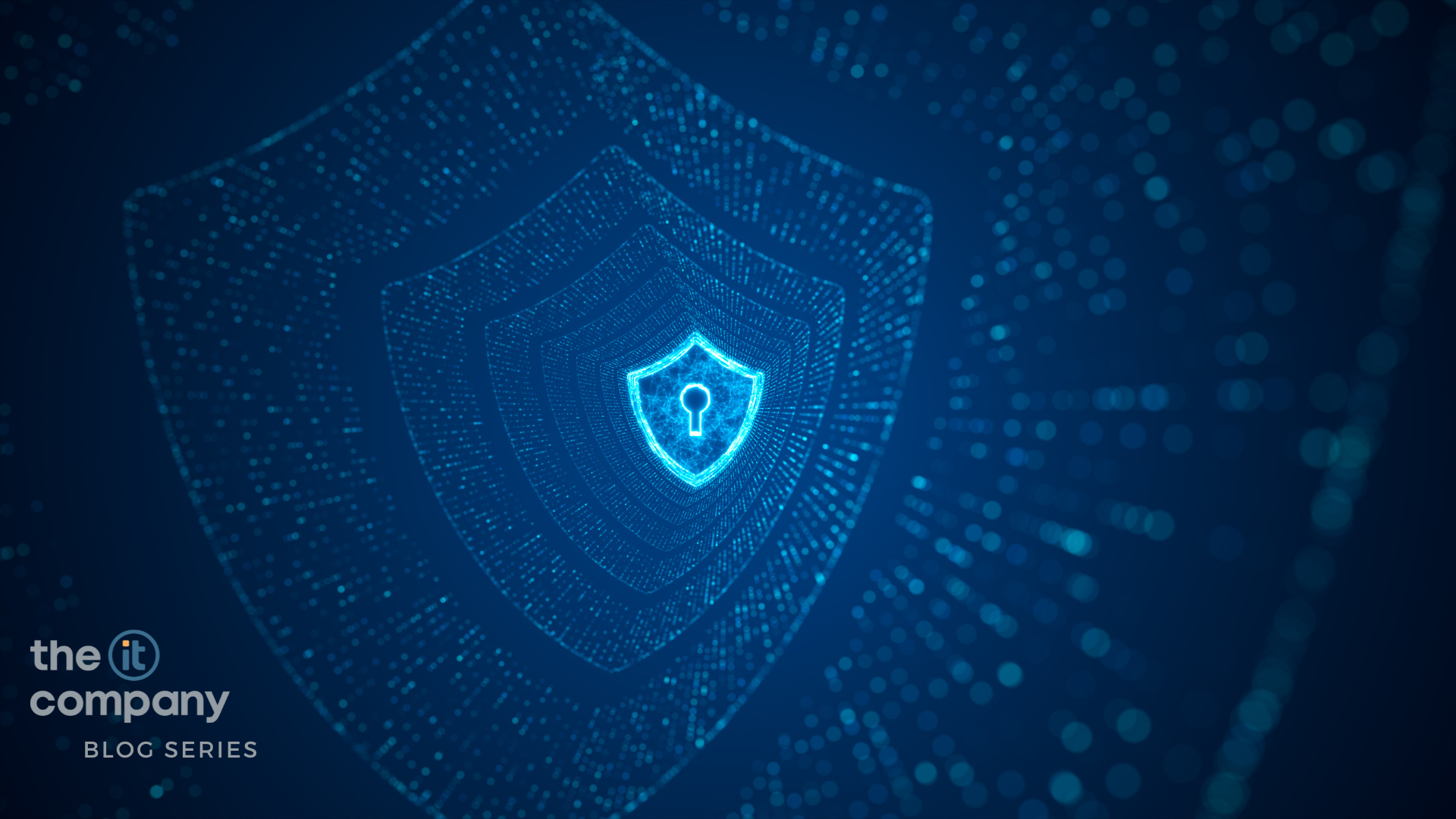Why IT Security is Critical in 2023
In our increasingly connected world, the importance of IT security has never been more crucial. As technology continues to advance, so do the threats that loom in the digital realm. From data breaches to ransomware attacks, the consequences of inadequate IT security can be devastating. In this blog post, we'll delve into the current landscape of IT security and why it should be a top priority for individuals, businesses, and organizations alike.
1. The Evolving Threat Landscape:
The first reason to emphasize the importance of IT security in 2023 is the ever-evolving threat landscape. Cybercriminals are becoming more sophisticated, using advanced techniques to breach systems, steal data, and disrupt operations. These threats are not limited to large corporations; small businesses, governments, and individuals are all potential targets. From financially motivated hackers to state-sponsored cyber espionage, the range of adversaries is vast and varied.
2. Protecting Sensitive Data:In an era where personal information, financial data, and intellectual property are stored digitally, safeguarding sensitive data is paramount. Data breaches can lead to identity theft, financial loss, and reputational damage. IT security measures, such as encryption, access controls, and regular data backups, are critical in preventing unauthorized access and data leakage.
3. Ensuring Business Continuity:For businesses and organizations, IT security is integral to maintaining business continuity. A successful cyberattack can disrupt operations, result in downtime, and lead to financial losses. Implementing robust IT security measures, including intrusion detection systems and disaster recovery plans, is essential to minimize the impact of cyber incidents and ensure uninterrupted business operations.
4. Regulatory Compliance:Regulatory bodies worldwide are implementing stringent data protection and cybersecurity regulations. Non-compliance can result in hefty fines and legal consequences. Businesses must not only protect their data but also adhere to these regulations, such as GDPR in Europe or HIPAA in the United States. IT security plays a pivotal role in meeting these compliance requirements.
5. Protecting Reputations:In today's digital age, a company's reputation is closely tied to its ability to protect customer data and maintain trust. News of a data breach or security incident can tarnish a brand's reputation, leading to customer attrition and long-term damage. By investing in IT security and demonstrating a commitment to protecting customer information, organizations can safeguard their reputation and maintain customer trust.
6. The Expanding Attack Surface:The rapid adoption of emerging technologies, such as cloud computing, IoT devices, and mobile applications, has expanded the attack surface for cybercriminals. Each new technology brings new vulnerabilities, making it essential to continually assess and secure these digital assets.
In 2023, the importance of IT security cannot be overstated. It is a critical aspect of modern life, touching every facet of our digital existence. Whether you're an individual protecting your personal data, a business safeguarding your operations, or an organization ensuring compliance, IT security is the linchpin that holds our digital world together.
To stay ahead of evolving threats, it's imperative to adopt a proactive approach to IT security. This includes regularly updating software, educating employees and users, and working with cybersecurity experts to assess and enhance your security posture. In a world where digital risks are ever-present, IT security is not merely an option—it's a necessity for a secure and thriving digital future.


